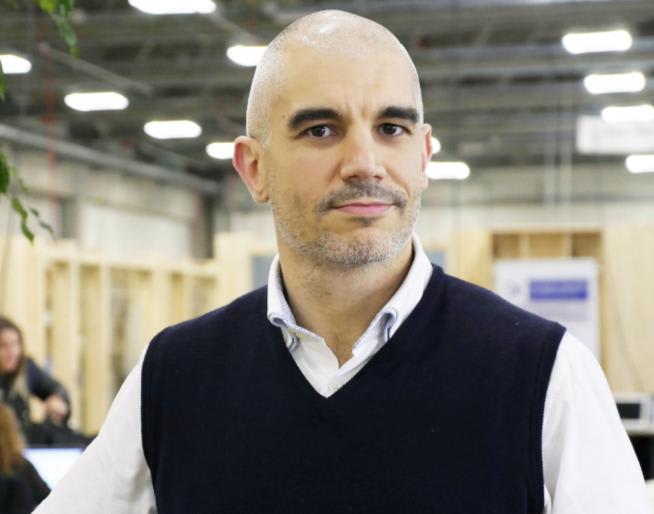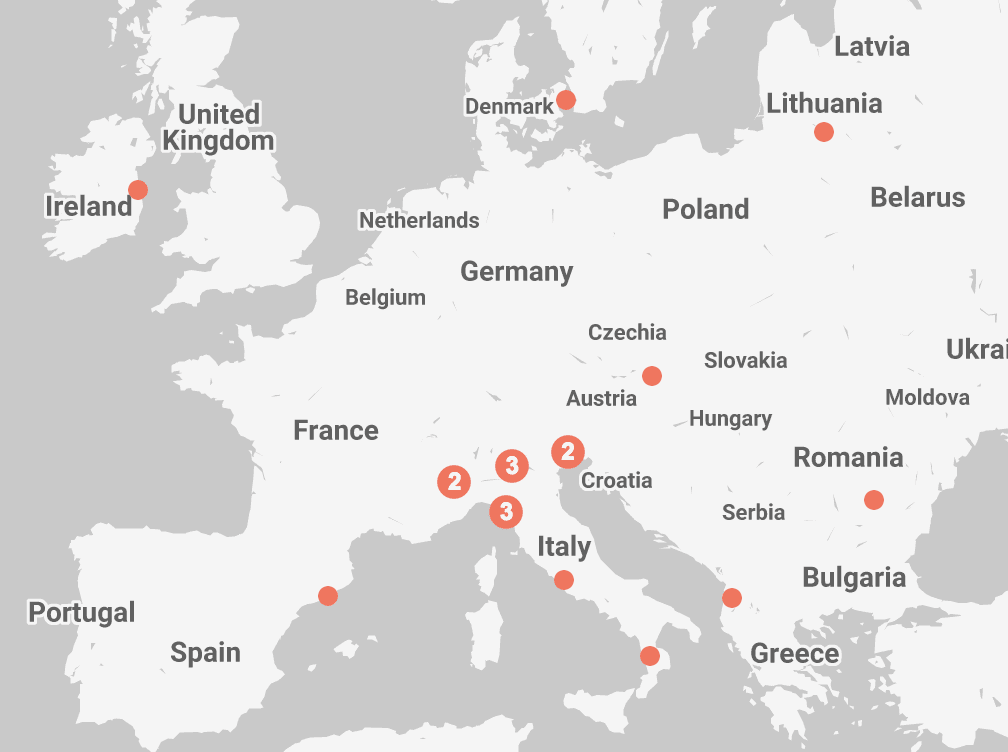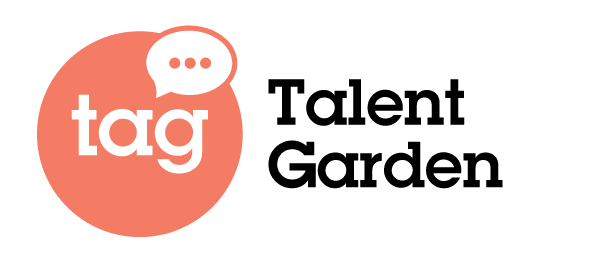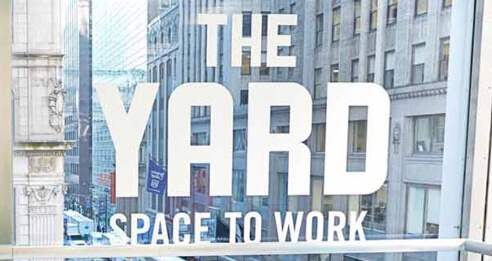
Largest Coworking Companies


Alessandro Braga is Chief Digital Officer at Talent Garden (TAG), Europe’s largest coworking network. Talent Garden, with 23 campuses in eight different countries, offers digital, tech and creative professionals the chance to work, learn and connect with the rest of their community.

We spoke with him about the role of technology at TAG, what he envisions for the future of the industry, and what aspects of the digital landscape are important for coworking businesses looking to improve technology, automation and user experience.
I work between physical and digital technologies, as CDO, in order to improve the experience of our members at Talent Garden. Coworking pushes this physical and digital integration, due to different user requirements, that basically no one can control or understand in advance. In fact, we need to cover a huge range of different requests, due to the different needs of our members, students and event attendees. Technology must be reliable, flexible and, at the same time, not too expensive.
My role is moving more from technology to user experience and support processes to improve the life of inhabitants and the performance of employees. In the future, I think that my role will become more strategic–managing key assets of the company, such as data, UX and Agile to speed up implementation. Now I’m just in charge of all these aspects, but I think they will drive a large part of the business in the future.
In my opinion, the CDO should be a transitional role. If a coworking business is working on improving the experience of its members and looking to digitize operations, then I think they should hire a CDO. If the maturity level is very high, then having a CTO to manage technology is, likely, all that’s needed–since digital requests should come directly from the business side. There are plenty of SaaS platforms that can solve real-life problems and improve quality standards, in place of the CTO, if a small coworking company is trying to optimize operations.
Our key asset is a community catered entirely around digital companies and professionals. This reduces our upsell potential, because we cannot sell them basic services, such as software licenses or help desk solutions, since they are fully independent. On the other hand, we receive very complex requests that force us to adopt a flexible mindset when it comes to digital services. The same is true for our employees, who are always challenging us in terms of digital capabilities.

Scalability is a challenge. We are not strong enough, nowadays, to consistently manage every location. Sometimes we have to retrofit installations in order to align them with our new standards. We have reached a good level of standardization when it comes to basic services that we are able to replicate fast in every new campus.
Rainmaking was a company acquisition, so it’s different from other initiatives. If everything runs as expected, then we’re able to set up our coworking basics like WiFi, access control and printing in less than one week and then establish our cloud platforms, like ERP and TAG People (internal community platform) in less than one month. Everything is transparent for our members because they only need to complete their orders, which are supported by community managers, and then access our platform to consume space and services.
We have not defined a building management standard yet, but this is an area that we are investigating for 2019. Existing solutions are weak, when it comes to SaaS platforms, and there’s not enough customization for industry-specific vendors. There are huge investments and interesting things rising up in the intelligent building market; however, I think this is a core area where players, like Talent Garden, need a custom solution to ensure a competitive advantage. One solution would be to partner with a SaaS company that’s eager to acquire new locations to open, manage and customize.

I’m a tech guy, so the answer is quite simple: The more you (wisely) invest, the more you will get back. We do not compare digital investments to other revenue or cost streams directly. We do it to evaluate the net positive value of the investment itself. This way we are forced to create a link between investment and business. We provide our employees a budget for experiments with no clear NPV metric, to make them test (small) solutions of their daily issues. We now have more than 20 experiments running and if they prove valuable then they will be put into production directly.
It’s not a matter of IoT technology itself, but I think it’s linked more to coworking businesses. Coworking performance is clearly connected to what is happening inside the space, so the more data you collect the more you are able to measure and improve performance. IoT is enabling the technology required to collect that data, and it will have a huge impact on the workday activities of our members. We are mainly testing technologies that are able to improve the quality of the space in terms of experience. For example, we’d be happy to commit to a Comfort SLA–based on temperature, humidity and air quality. The same should be done with adaptable lights, which can ensure that students get the most out of training, reduce stress and improve their attention. We are truly open to these kinds of tests but, at the same time, we need to ensure that potential investments will improve the value that we provide to our community in a meaningful and measurable way.
Thank you Alessandro!
You can learn more about Talent Garden's mission here.
Which industry experts would you like us to feature next? Which topics would you like us to cover? Send us an email at content@coworkingresources.org and let us know!
Save your community manager 41 hours each week—learn how The Yard did it with cloud-based access control.
Read the Case StudyThe Guide to Make Your Space More Profitable
Including interviews with experts and consultants.
Free access to our best guides, industry insights and more.
